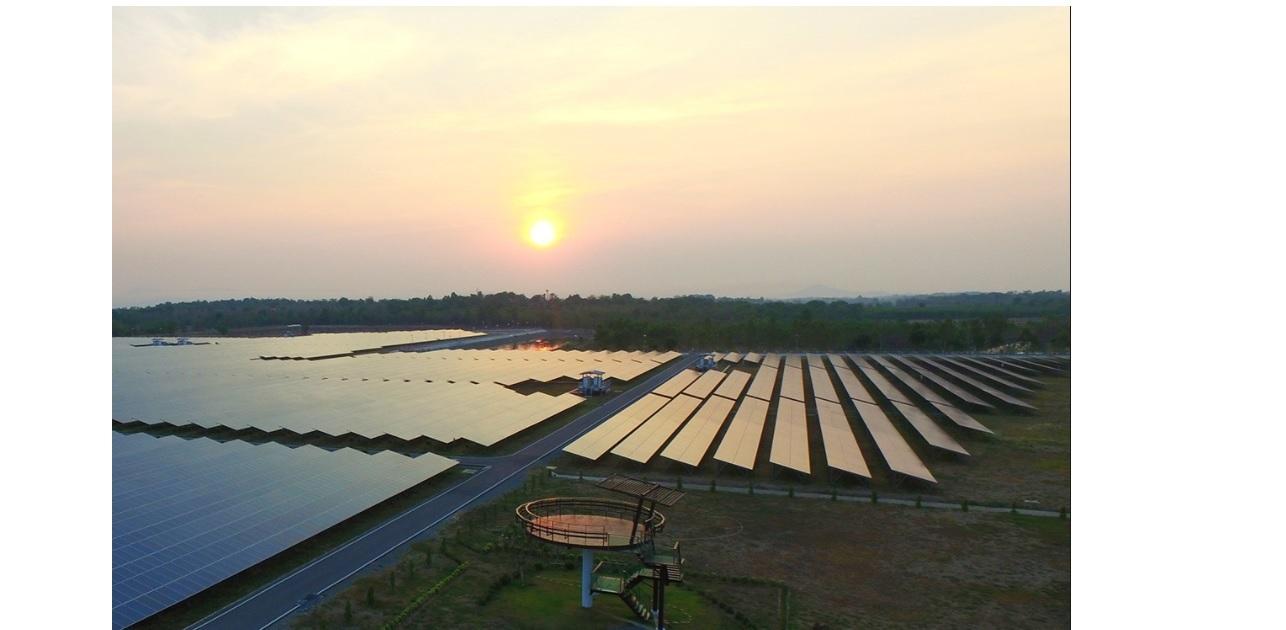
A budget of almost 6-billion-baht has been approved by the cabinet to subsidise public train and bus services, according to government spokesman Sansern Kaewkamnerd.
Of the budget totalling 5.8 billion baht, 3.5 billion baht has been given to the State Railway of Thailand (SRT), significatly lower than the agency's initial request of 6.8 billion baht.
The rest of the budget was apportioned to the Bangkok Mass Transit Authority (BMTA) to fund non-air conditioned public buses. The agency had asked for 3.3 billion baht.
Lt Gen Sansern said the cabinet did not approve a request for 2.6 billion baht for air-conditioned buses because the scheme was not part of the government's public transport policy.
"We want to ease public transport for Thai commuters," focusing on the most essential aspects of transport, he said.
Lt Gen Sansern said the cabinet decided to reduce the budget of both agencies because their fuel costs were not in line with those calculated by the Bureau of the Budget, adding that other fees included in their costs seemed not to relate to public transport services.
Lt Gen Sansern said Prime Minister Prayut Chan-o-cha also instructed the SRT and the BMTA to accurately work out their running costs, so that transport fares could be properly evaluated.
As for the renewal of the free-to-ride train and bus services, which expired on April 30, the government spokesman said the issue has not been discussed yet.
The government is also waiting to get a total on the number of low-income earners who had signed up to its hand-out schemes, the target market of the free public transport policy.
Nevertheless, the free services will be available for commuters until they are reviewed or renewed.
Meanwhile, Transport Minister Arkhom Termpittayapaisith yesterday said the cabinet also approved a more than one billion baht budget for 2017-2019, as proposed by the ministry.
Part of the budget will be used to fund the SRT's 86km railway route from Klong Sip Kao to Kaeng-Kaeng Khoi in Nakhon Nayok, which will cost about 621 million baht. The construction will start in the second quarter of this fiscal year.


